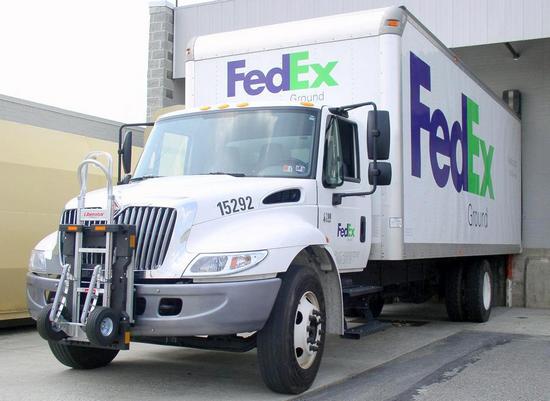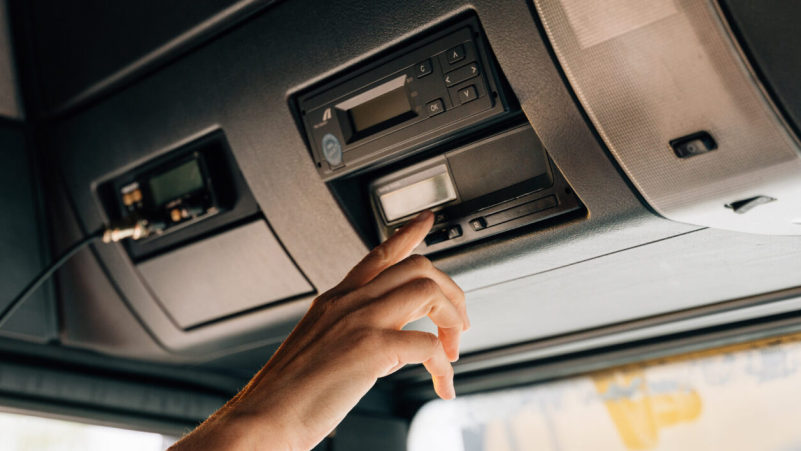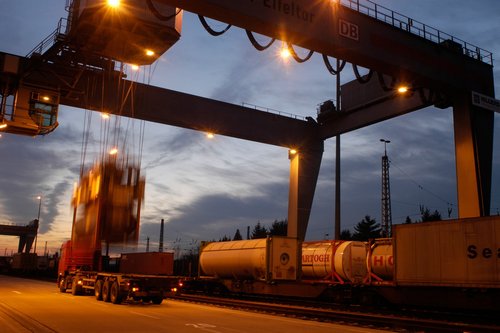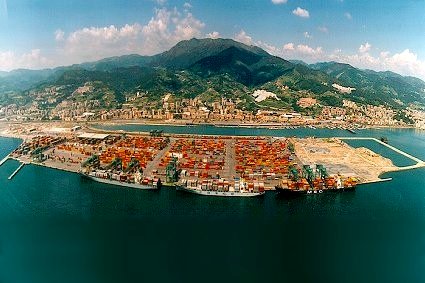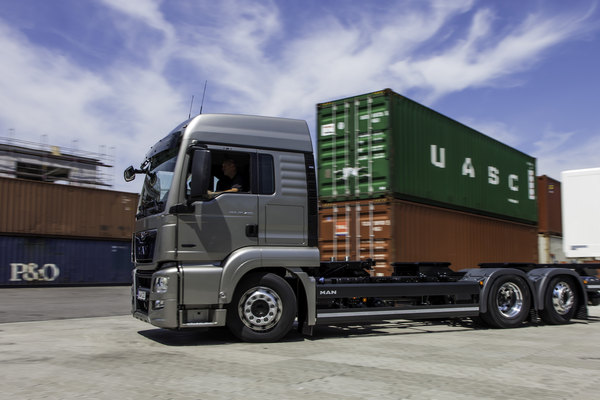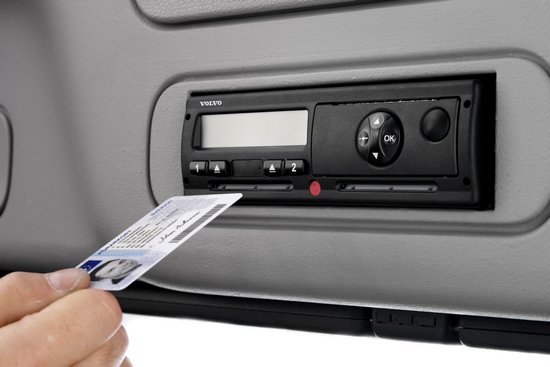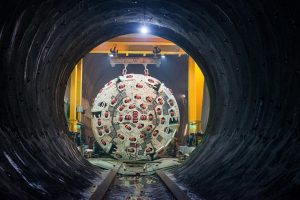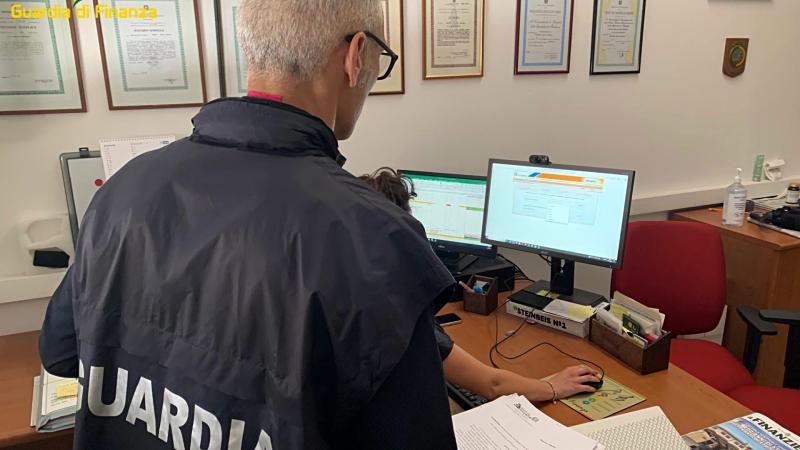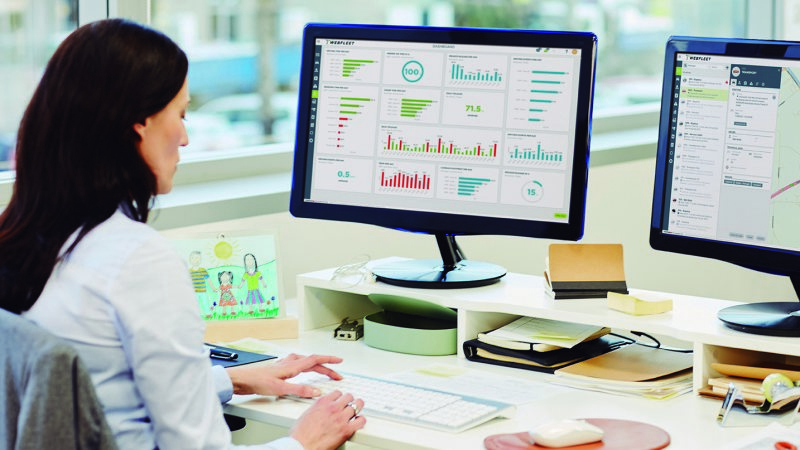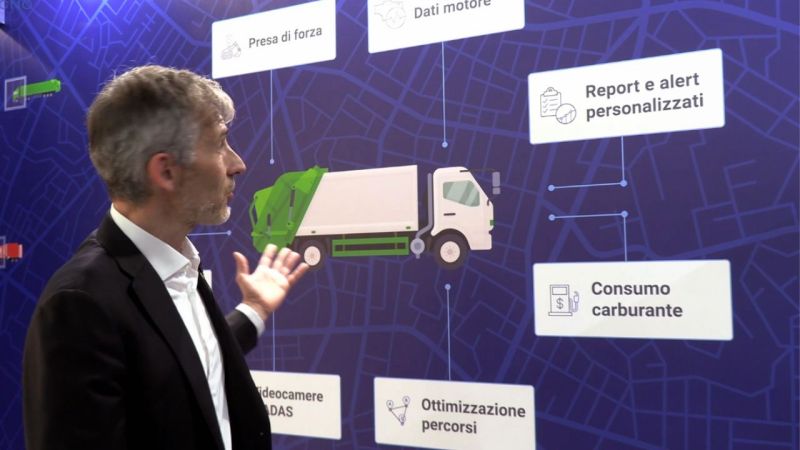On 18 September 2024, the Board of Directors of Deutsch Bahn announced a comprehensive restructuring program. This initiative aims to improve infrastructure, railway operations, and profitability by 2027. Specific measures have been shared with the Supervisory Board, setting a target for a significant reduction in infrastructure delays and an increase in long-distance punctuality. The initiative is designed to provide a stable foundation for the company's future growth, in line with its “Strong Rail” strategy.
Deutsche Bahn (DB) has identified several performance indicators to track the success of this recovery program. Among them is a 20% reduction in infrastructure-related delays, despite the high volume of ongoing construction. Operationally, the company is targeting a punctuality rate of 75-80% for long-distance travel over the next three years. Moreover, DB aims to achieve an operating profit (EBIT) of two billion euros by 2027.
Richard Lutz, CEO of DB, emphasized the program’s importance: “Our Strong Rail strategy has guided us through several crises in recent years, but the current state of our infrastructure is far worse than anticipated in 2019. This affects the quality of service and our ability to generate profits. The recovery program, named S3 (Sanierung, meaning Restructuring), will focus on stabilizing the rail system and improving the customer experience.”
This plan comes at a time when demand for sustainable mobility is on the rise, and the German government has adopted record investment plans to support the ecological transition. However, DB's poor operational performance and difficult financial situation threaten to slow down the company’s growth objectives. Infrastructure restructuring is therefore crucial to supporting the government’s plans, which include doubling passenger rail volumes and increasing the rail freight market share to 25%.
In the infrastructure sector, DB aims to complete the renovation of 1,500 kilometers of railway lines by 2027. This process has already started with the renovation of the Riedbahn line between Frankfurt and Mannheim. Fault-prone systems and equipment will be replaced, significantly reducing areas subject to speed restrictions. Furthermore, approximately 200 outdated rail switches will be quickly replaced, while 100 train stations will be modernized every year.
Under current federal funding, DB will work with the German government to continue priority projects on network digitalization and expansion, ensuring continuity in the restructuring program beyond 2027. A crucial aspect of the overhaul will be transforming the maintenance and construction system for the rail network.
DB will adopt a “construction cycles” approach, pre-planning maintenance slots within the transportation schedule. This new method has already enabled DB to complete 80% of the planned maintenance work in the initial weeks of implementation. Similar solutions will be applied to investment projects, which are expected to be fully operational only by 2027.
The railway company also plans to tackle congestion at Germany's five major railway hubs: Berlin, Hamburg, Cologne, Frankfurt, and Munich. Measures will be implemented to improve operational efficiency and streamline processes, especially in local and regional transportation, which tend to be more complex.
The critical state of infrastructure has had a negative impact on the group's overall profitability. Therefore, restructuring railway operations and infrastructure will be essential to improving DB's financial results. The company aims to achieve two billion euros in EBIT by 2027 while simultaneously reducing personnel costs and improving internal resource management. Despite the anticipated reduction in administrative and sales staff, no layoffs are expected due to the application of job security policies. DB will continue hiring new staff in critical operational areas.
A dedicated chapter focuses on freight transport, managed by DB Cargo, which is already undergoing a major transformation. In January 2025, a new customer- and sector-focused structure will be introduced. Deutsche Bahn explains that “pooling and clear allocation of resources, combined with a focus on high levels of individual accountability and profit and loss reporting, will allow DB Cargo teams to concentrate more on customer needs. This business-centric responsibility, along with an approach more typical of small and medium-sized enterprises, will ensure long-term profitability. Staffing capacity, administrative structures, and distribution conditions will reflect what is standard in the wider industry.”



